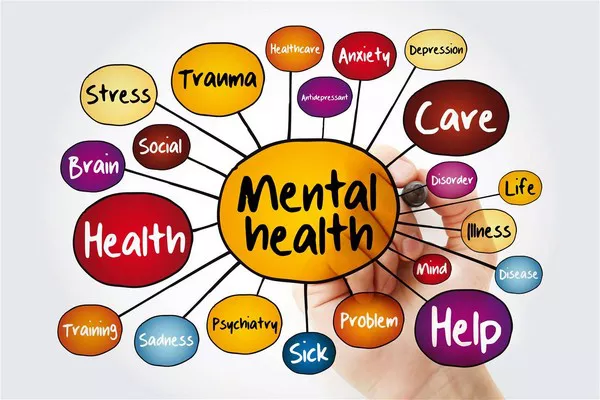If you go to sleep after 1 am, you could be at a higher risk of developing mental health issues, regardless of your lifestyle and whether you are a morning person or a night owl. A new study by Imperial College, London, reinforces that sleep is not a luxury but a necessity for our brain to function optimally.
Key Findings
The study finds that people who went to bed before 1 am had healthy mental profiles. However, those who stay awake till 1 am and beyond, even if they are comfortable with late hours, experienced the poorest mental health. The research analyzed data from 73,888 people from the UK Biobank, who slept seven hours daily. “Most of my patients have trouble sleeping beyond six hours,” says Dr. Shaunak Ajinkya, consultant psychiatrist at Kokilaben Dhirubhai Ambani Hospital, Mumbai.
How Irregular Habits Disrupt Circadian Rhythms
Our bodies operate on a natural 24-hour cycle known as the circadian rhythm, regulated by the brain in sync with the natural environment. Consistently going to bed after midnight causes a mismatch between our body’s internal clock and the external world. This mismatch makes it difficult to fall asleep, stay asleep, or have refreshing sleep, leading to chronic sleep deprivation. This, in turn, triggers mental disorders like anxiety and depression.
Impact of Late Hours on Sleep Quality
Late bedtimes shorten sleep periods if you need to wake up early for work. They also suppress the production of the sleep hormone melatonin, released by the brain’s pineal gland that regulates sleep-wake cycles. Sleep is a complex process with various stages, each playing a crucial role in our mental and emotional well-being. Deep sleep repairs and rebuilds the body, while REM (rapid eye movement phase when dreams occur) sleep strengthens our memories and helps regulate our emotions. A late bedtime significantly curtails the time spent in these vital healing stages.
The Science of Sleep vs. Mental Health
During sleep, particularly deep sleep, the brain clears toxins and metabolic waste products and prepares for the demands of the following day. Lack of adequate sleep means these substances cannot be filtered out, leading to cognitive impairment such as attention, concentration, and decision-making difficulties. It can also hinder learning and memory as the brain becomes less efficient at processing and retaining new information. Sleep is essential for neuroplasticity, the brain’s ability to reorganize itself by forming new neural connections. Insufficient sleep can hinder this process, affecting learning and adaptation. Poor sleep weakens the immune system, making the brain susceptible to inflammation and infections, which can further impair cognitive functions.
Sleep and Mental Health Disorders
Insufficient sleep triggers the release of stress hormones, making a person more prone to anxiety. Over time, this can contribute to the development of generalized anxiety disorder, panic disorder, and other anxiety-related conditions. This leads to increased irritability, mood swings, and a lower threshold for coping with stress and challenges. Gradually, a bidirectional relationship sets in: poor sleep contributes to the onset and persistence of depression, while depression further disrupts sleep, creating a vicious cycle.
Sleep and Brain Chemicals
Adenosine: Builds up in the brain during wakefulness and promotes sleepiness. It is cleared away during sleep.
GABA (Gamma-Aminobutyric Acid): Reduces neuronal activity in the brain and promotes relaxation and sleep.
Orexin (Hypocretin): Regulates arousal and wakefulness. Low levels of orexin are characterized by excessive daytime sleepiness.
Understanding the crucial role sleep plays in mental health underscores the importance of maintaining a regular sleep schedule, especially avoiding late bedtimes.


